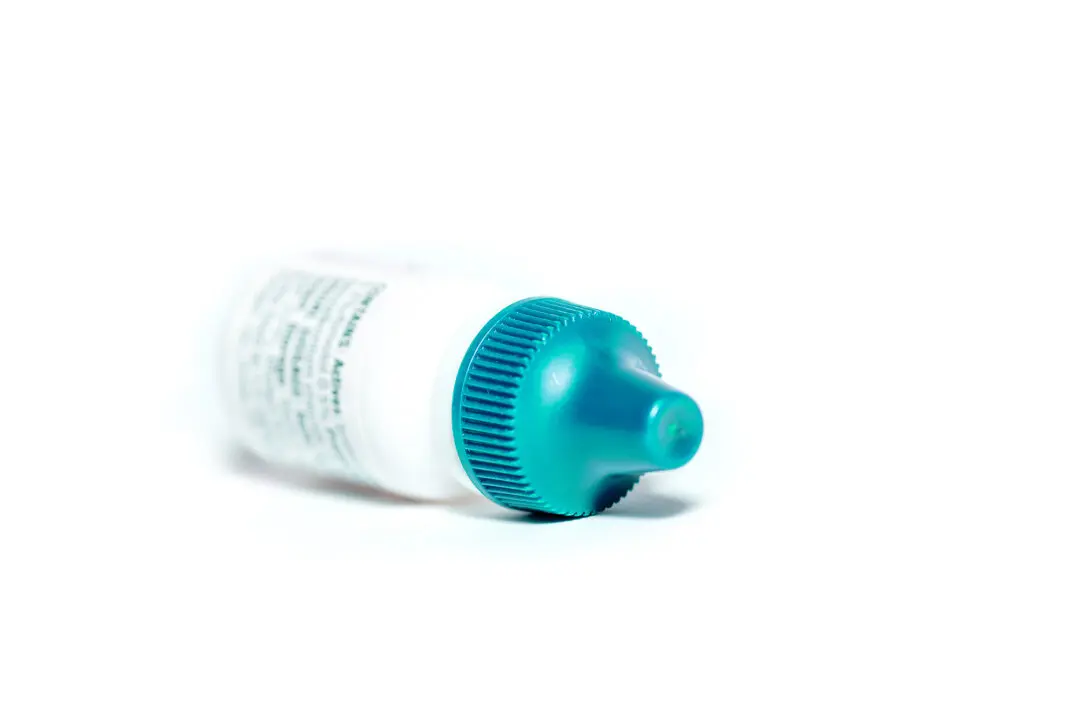Caramel. Licorice. Donuts. Corn syrup lurks inside many of America’s favorite sweet treats, and its negative health effects are well known. But it’s not as well known that this controversial sugar is used in baby formula, the sole source of nutrition for millions of infants across the country.
Lactose Versus Glucose
The U.S. Food and Drug Administration (FDA) requires food companies to include at least 30 specific nutrients to sell infant formula, including essential vitamins, minerals, and carbohydrates. Carbohydrates are critical for infant development, so they are the backbone of most infant formulas, just as they are in human breast milk.However, not all carbohydrates are created equal, and there is significant variation in the types of carbs optimal for infants.
Major formula companies use corn syrup, which is pure glucose, instead of lactose. This switch doesn’t come without downsides, according to childhood obesity expert Michael Goran, who holds a doctorate in biochemistry and is a professor of pediatrics at the University of Southern California Keck School of Medicine in Los Angeles.
“The body wants to have stable blood glucose levels, but if glucose is the main source of energy, it is more difficult to control levels in the circulation,” he told The Epoch Times. “The spikes and crashes will likely lead to greater energy highs and lows, eventually compromising the body’s ability to keep blood glucose under proper control.”
The study found a 10 percent higher obesity risk at age 2 in babies fed corn syrup formula compared with those fed lactose formula. A higher rate of obesity remained “statistically significant” through age 4, Mr. Goran said.
Why Use Corn Syrup?
As the research against corn syrup-based formulas mounts, many U.S. formula makers remain resolute in using corn syrup as a key ingredient. One formula maker argues, “Corn syrup is an important energy source, and infant formulas are rigorously evaluated for safety by national and international authorities, including the FDA.”Companies use corn syrup instead of lactose for two reasons, Dr. Robert Boyle, a London pediatrician and an expert in diagnosing and treating allergies in children, told The Epoch Times.
The first is for marketing purposes. “Low-lactose or lactose-free claims are sometimes linked to claims that the formula will be more easily digested or cause less crying or gas,” he said. But most of these claims aren’t supported by robust scientific evidence, he added.
The second reason is medical. Some infants, though very few, are born with lactose intolerance, and if they are formula-fed, then a lactose-free formula can be preferable, he said.
Outlawed in Europe
Unlike U.S. companies, formula makers in countries in the European Union (EU) are prohibited from replacing lactose with corn syrup. Additionally, the EU mandates that at least 30 percent of the carbohydrates in the formula come from lactose. This contrast with U.S. formulas has attracted health-conscious parents, who seek European formulas perceived as higher quality.“The EU is ahead of the game and recognizes the fundamental difference between lactose and corn syrup,” Mr. Goran said.
Most babies receive at least some formula milk, so it can be challenging for health care professionals to convey the benefits of breastfeeding fully, Dr. Boyle said. This is because emphasizing breastfeeding’s advantages too strongly can make parents who use formula feel inadequate or judged.
When breastfeeding isn’t an option, the whole picture regarding corn syrup formula should be presented. “Parents are not fully informed about the difference in various formulas,” nor about their effects on the body, Mr. Goran said.







